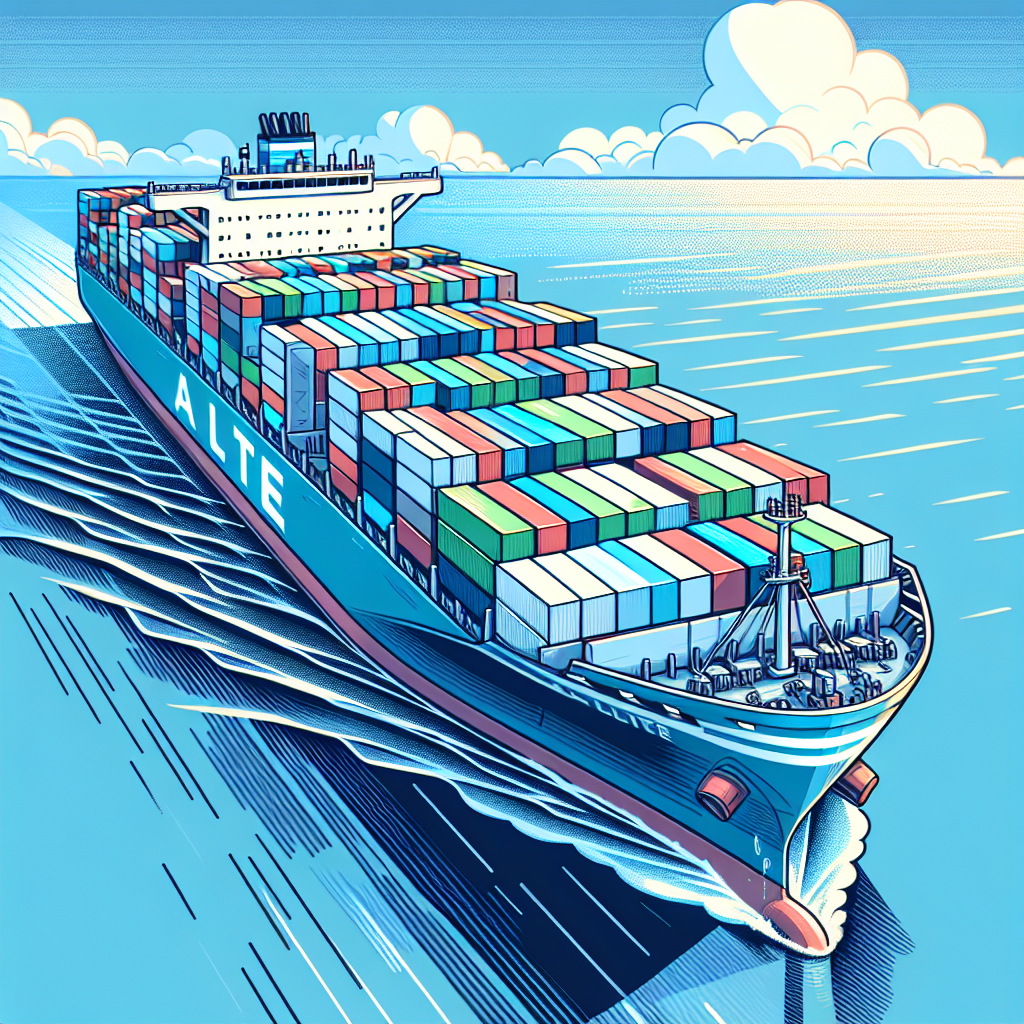Maersk's Green Journey: Navigating the Future of Maritime Fuel
The Alette Maersk, the first container vessel powered by low-carbon methanol fuel, highlights the maritime industry's push towards sustainability. Upon arrival in Los Angeles, it faced challenges due to limited access to green fuel. Maersk aims for net-zero emissions by 2040, but emphasizes the need for regulatory support and cheaper green fuel to accelerate the transition.

The Alette Maersk recently marked a significant milestone as the first container vessel powered by low-carbon methanol fuel to cross the Pacific Ocean, showcasing the shipping industry's bid to lower its climate impact.
However, upon its arrival at the Port of Los Angeles from China last week, the vessel found no U.S. supply for the green fuel, forcing reliance on petroleum-based maritime fuel for its return. During a ship naming event on Tuesday, A.P. Moller-Maersk representatives stressed the need for more affordable green fuel to meet decarbonization goals crucial for combating climate change.
Maersk CEO Vincent Clerc highlighted the urgency, aiming for net-zero greenhouse gas emissions by 2040. Despite leading the sector's energy transition with new green methanol ships, significant challenges remain, such as high costs and limited global production of green methanol. Collaboration with major firms like Nike and Amazon, along with regulatory support, is essential for widespread adoption and effectiveness of green maritime fuel initiatives.
(With inputs from agencies.)
ALSO READ
Rural Infrastructure in Ghana: Successes and Sustainability Challenges of the CBRDP
Honeywell Launches Sustainability Center of Excellence to Empower Women and Youth
Swarovski Foundation Opens Applications for Global Creative Sustainability Programme
Samunnati's 4th National FPO Conclave: Pioneering Sustainability and Climate Resilience in Indian Agriculture
Transforming Global Food Systems: A Path to Resilience and Sustainability










